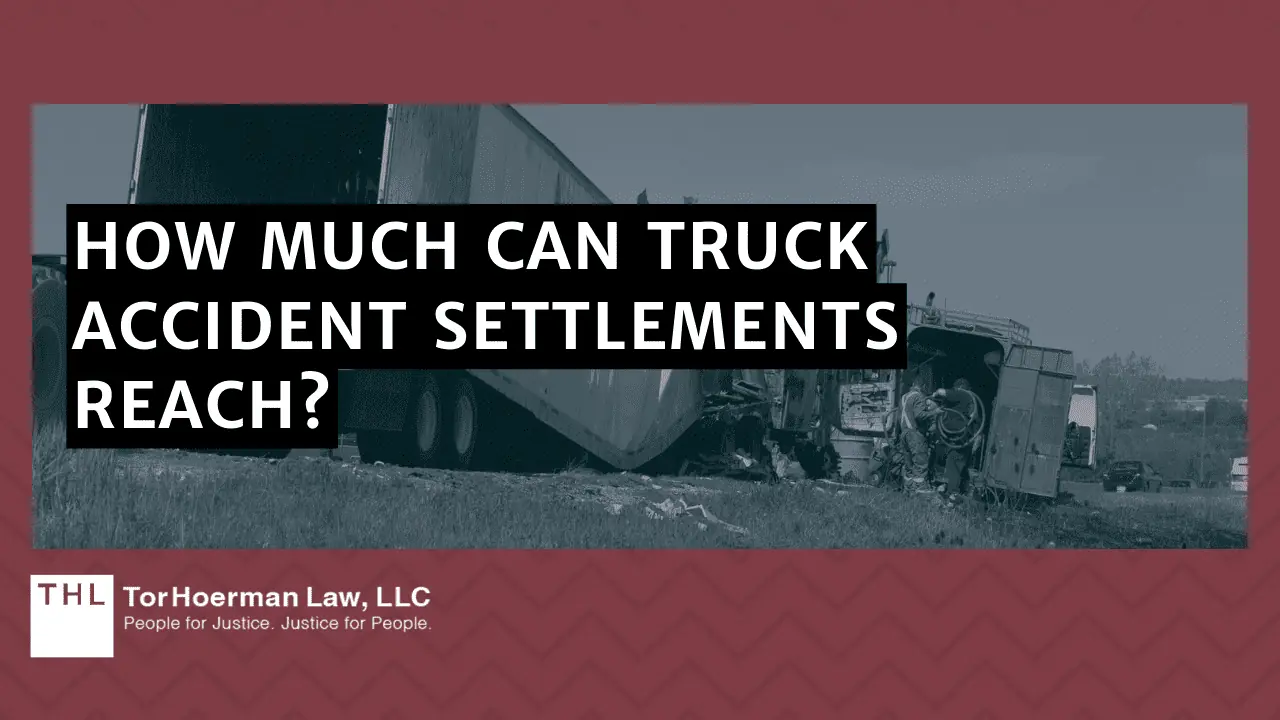Can You Sue A Trucking Firm Straight After An Accident? Frequently Asked Questions

How Does Vicarious Obligation Relate To Trucking Firms?
For instance, trucking companies are required by law to on a regular basis examine and keep their cars to ensure they are risk-free for operation. Likewise, if a company employs a vehicle driver without appropriately checking their background or certifications which motorist creates a mishap, the business can be held liable for negligent employing practices. In addition to vicarious liability, a trucking firm can be taken legal action against straight for its very own carelessness. Direct negligence occurs when the company stops working to satisfy its responsibilities under federal and state legislations to operate its company securely. Yes, it is possible to sue a trucking firm straight after a crash, yet there are specific legal grounds needed to do so. Oftentimes, the truck motorist may be the immediate cause of the accident, yet the trucking company might share duty.
We will non-stop represent our clients to make certain that their voice is heard and that they are totally and totally compensated for their harms and losses. What makes us various is that you, as a customer, will have your attorney's personal cell phone number so that you can constantly interact with your lawyer about your case.
Can You Sue A Trucking Company Straight After A Crash? Frequently Asked Questions
- Taking legal action against a trucking company is commonly an intricate process that requires a comprehensive understanding of both state and federal policies controling the trucking sector.For instance, they may argue that the accident was brought on by an issue in the lorry's production or a trouble with the roadway.Trucking firms are expected to give ongoing training to guarantee their chauffeurs comply with safety protocols and understand the rules of the road.
This can take place when the firm fails to correctly keep its fleet, employs unqualified motorists, or breaks government trucking policies. If the mishap occurred because the business disregarded its obligations, they might be found at fault. Among the crucial ways an attorney can assist is by obtaining essential evidence from the trucking firm. This might include driver logs, maintenance records, and information from the vehicle's electronic control component (also called the "black box"). This information can be vital in verifying that the trucking company or driver was at mistake for the mishap. In addition, a legal representative can work out with the trucking firm's insurance coverage representatives and, if needed, take the case to court to guarantee you obtain the payment you are worthy of.

If you have actually been associated with a truck accident, it is necessary to understand your rights, just how trucking business may be responsible, and how to pursue a case effectively. Suing a trucking company is typically a complicated procedure that calls for an extensive understanding of both state and government policies regulating the trucking market. These guidelines are made to guarantee the security of both truck chauffeurs and other motorists when driving. An attorney with experience in managing truck accident situations can help by exploring the crash, gathering evidence, and recognizing all prospective sources of obligation. In addition to compensatory problems, victims might be able to recover punitive damages if the trucking business's actions were specifically negligent. Compensatory damages are intended to penalize the defendant for outright conduct and hinder comparable actions in the future.
Trucking firms are anticipated to offer continuous training to ensure their motorists comply with safety procedures and comprehend the customary practices. When a firm disregards this obligation, and an untrained or badly overseen motorist triggers an accident, the company could be discovered responsible for irresponsible supervision. However, it is very important to keep in mind that vicarious obligation just uses when the motorist is executing jobs that are straight connected to their employment. If the chauffeur was acting outside the extent of their job responsibilities-- such as running a personal task when the accident occurred-- vicarious responsibility may not use.